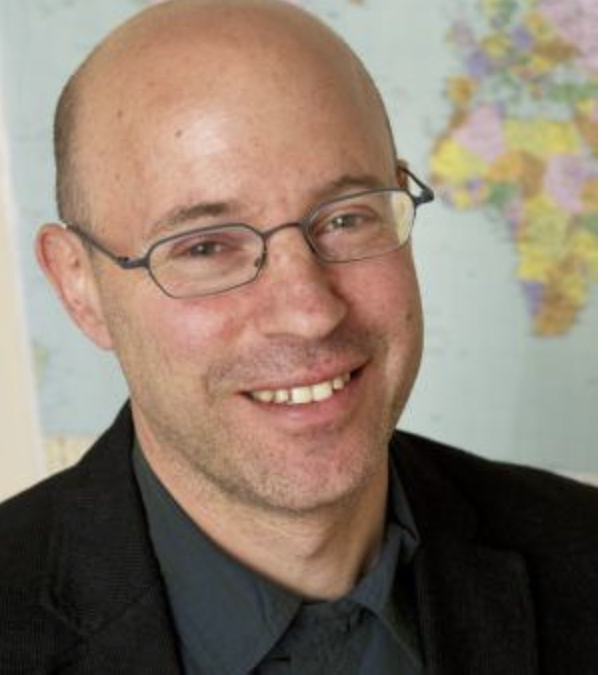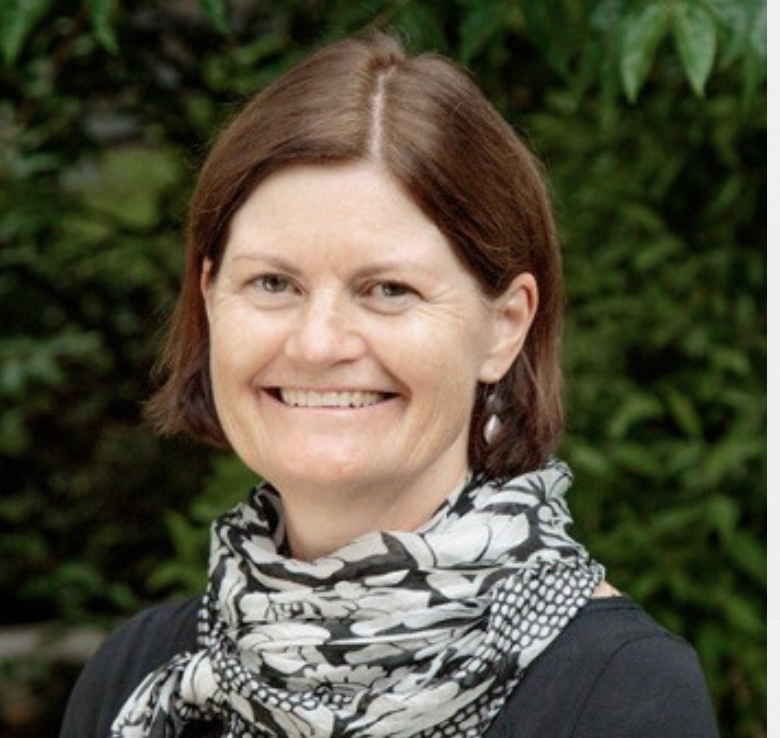Why do so many movements for police reform fail? Structural Obstacles to Democratic Policing
Speaker(s):
Series:
Associated with:
Notes & Changes
This event will run as a Zoom webinar. To attend, register here. Please note that this event may be recorded, with the exception of any live audience questions

Chris Stone is Professor of Practice of Public Integrity. Chris has blended theory and practice throughout a career dedicated to justice sector reform, good governance and innovation in the public interest, working with governments and civil society organisations in dozens of countries worldwide. He has served as president of the Open Society Foundations (2012–2017), as Guggenheim Professor of the Practice of Criminal Justice at Harvard’s Kennedy School of Government (2004–2012), as faculty director of the Hauser Center for Nonprofit Organizations at Harvard University (2007–2012), and as president and director of the Vera Institute of Justice (1994–2004). He is a graduate of Harvard College, the Institute of Criminology at the University of Cambridge, and the Yale Law School.
At the Blavatnik School, Chris’s work focuses on public corruption turnarounds: the leadership challenge of transforming cultures of corruption into cultures of integrity in government organisations, large and small. Chris also serves as the faculty lead on the School’s executive programmes, co-chairing the Public Leaders Programme with Associate Dean Calum Miller, as well as Pathway to Success with Lord Simon Woolley. In addition to teaching on these executive programmes, Chris teaches a number of modules on the Blavatnik School's Master of Public Policy (MPP): Policy Challenge I, Law and Public Policy, and an Option on Public Corruption Turnarounds.
As an affiliate of the Bonavero Institute of Human Rights within the University’s Faculty of Law, Chris serves as the principal moderator for the Symposium on Strength and Solidarity for Human Rights.
Throughout his career, Chris’s principal focus has been criminal justice reform in countries from the United States and the United Kingdom to Chile, China, India, Nigeria, South Africa, Turkey and more. Chris is currently assisting the National Director of Public Prosecutions in South Africa on the turnaround of National Prosecuting Authority, with which he has worked since its creation under President Mandela. While leading the Open Society Foundations, Chris helped bolster the movement for the election of reform-minded prosecutors across the United States and worked to strengthen the hands of reformers inside and outside police organisations worldwide. Earlier in his career, Chris assisted at the creation of the Crown Prosecution Service of England and Wales and the Office of the Prosecutor of the International Criminal Court. He led the Kennedy School’s Program in Criminal Justice from 2005 to 2012, including chairing Executive Sessions on Policing and Public Safety, Judicial Leadership, and Human Rights Commissions, as well as developing indicators used globally to measure improvement in the quality of justice. Both at the Vera Institute and at Harvard, Chris worked for more than a decade to strengthen the role of the Civil Rights Division of the U.S. Justice Department in ending racial bias, reducing violence and enhancing professionalism in American policing.
Early in his career, Chris was a criminal trial attorney, starting as a public defender in Washington, DC, and later co-founding the Neighborhood Defender Service of Harlem. In 2005, he received an honorary OBE for his contributions to criminal justice reform in the United Kingdom.
Discussant

Jonny Steinberg's work explores everyday life in South Africa in a timespan stretching from late apartheid to the present. Among his books are The Number, on crime and punishment, A Man of Good Hope, which looks at migration and xenophobia, and One Day in Bethlehem, an exploration of the memory of a man who believes he was falsely convicted for murder. Steinberg has twice won South Africa’s premier nonfiction prize, the Sunday Times Alan Paton Award and was an inaugural winner of the Windham-Campbell Literature Prizes awarded by Yale University. He teaches part-time at Yale and is a visiting professor at the Wits Institute for Social and Economic Research (Wiser) in Johannesburg. He was Professor of African Studies at Oxford University until 2020.
Chair

Kate O'Regan is the inaugural Director of the Bonavero Institute of Human Rights and a former judge of the South African Constitutional Court (1994 – 2009). In the mid-1980s she practiced as a lawyer in Johannesburg in a variety of fields, but especially labour law and land law, representing many of the emerging trade unions and their members, as well as communities threatened with eviction under apartheid land laws. In 1990, she joined the Faculty of Law at UCT where she taught a range of courses including race, gender and the law, labour law, civil procedure and evidence. Since her fifteen-year term at the South African Constitutional Court ended in 2009, she has amongst other things served as an ad hoc judge of the Supreme Court of Namibia (from 2010 - 2016), Chairperson of the Khayelitsha Commission of Inquiry into allegations of police inefficiency and a breakdown in trust between the police and the community of Khayelitsha (2012 – 2014), and as a member of the boards or advisory bodies of many NGOs working in the fields of democracy, the rule of law, human rights and equality.


 Add to calendar
Add to calendar


